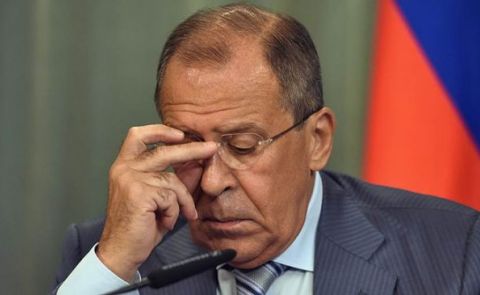
Erdogan’s visit to Azerbaijan
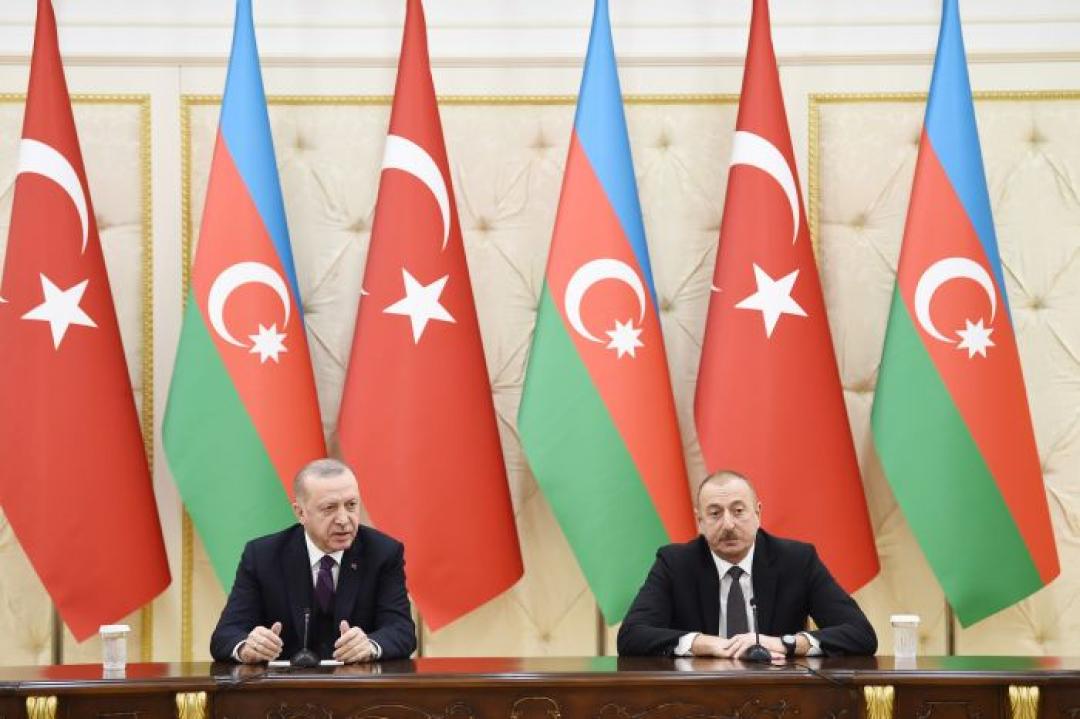
On 25 February, Turkish President Recep Tayyip Erdogan conducted a working visit to Azerbaijan to participate at the 8th meeting of the Azerbaijan-Turkey High-Level Strategic Cooperation Council.
Erdogan stated that during his visit 14 bilateral agreements were signed between him and the Azerbaijani President Ilham Aliyev in the fields of trade, defense, sports, and other areas. The most notable one was the preferential trade agreement, which provided for mutual customs benefits and discounts on 15 different types of products. “Particularly, the issue regarding the construction of a railway between Nakhchivan and Turkey is important. A gas pipeline will be laid to the border in Nakhchivan. [A] gas pipeline from Igdir to Nakhchivan will be laid. Nakhchivan gas supply will be provided at a high level by laying a 160-kilometer gas pipeline. These projects will be implemented fast,” the Turkish president said. “The goal is to increase mutual trade from about $ 4.5 billion to $ 15 billion,” he added.
The enhancement of cooperation in the defense department was also a major topic at the council. “13 joint military exercises were held last year solely, this year [there will be more] exercises,” stated Aliyev. He added that Azerbaijan will continue to buy modern weapons from Turkey and that also organizing joint production of weapons between Azerbaijan and Turkey was a topic of the talks. Aliyev also reiterated Azerbaijan’s full support for Turkey in the international area. “Azerbaijan always supports Turkey’s just cause in all issues in the international arena. There has not been, and I am sure that it will not be any issue, which Azerbaijan does not support Turkey. Our unity is eternal. We build our future on this solid foundation,“ he stated.
The Nagorno-Karabakh conflict was also a topic at the council. “Nagorno-Karabakh conflict is also our issue. Settlement of [the] Nagorno-Karabakh conflict within the territorial integrity of Azerbaijan is our greatest desire,“ stated Erdogan, noting that the co-chair countries of OSCE Minsk Group could not resolve the conflict for 25 years.
See Also

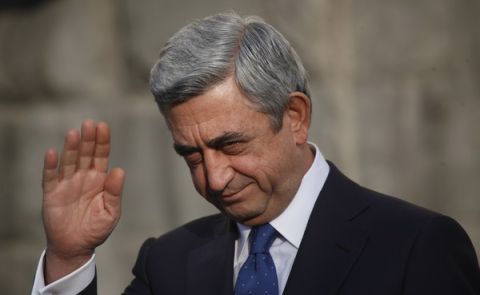
Serzh Sargsyan Rejects Charges, Backs Impeachment, and Warns of Secret Deals
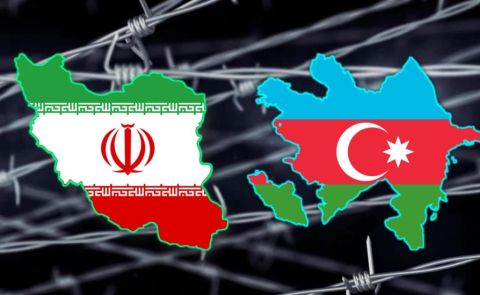
Azerbaijan Confirms Execution of Terrorist Behind Embassy Attack in Iran
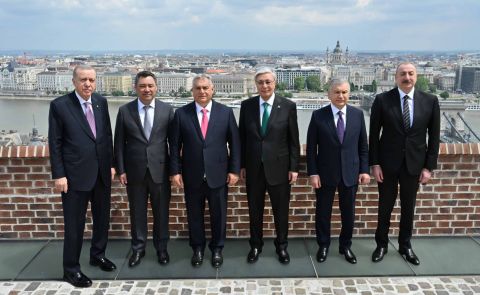
Turkic Leaders Adopt Budapest Declaration, Emphasizing Peace, Trade, and Digital Connectivity
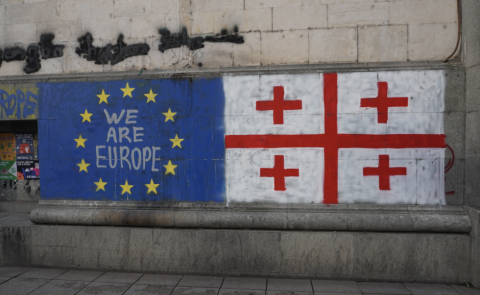
International Officials Criticize Georgian Dream Amid Democratic Concerns

